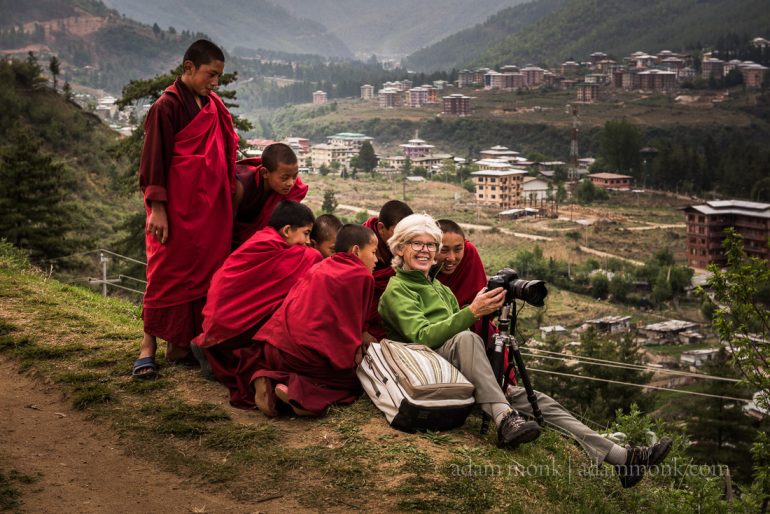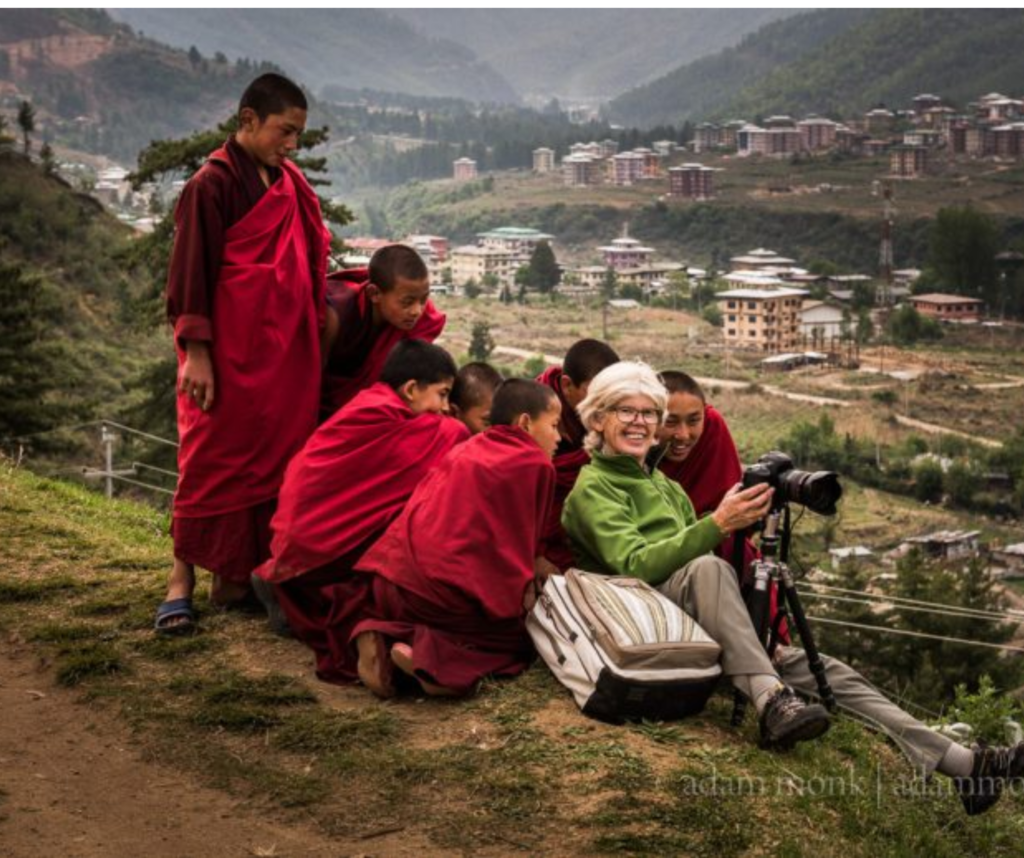Bhutan, often referred to as the “Last Shangri-La,” is renowned not only for its breathtaking landscapes and rich cultural heritage but also for its distinctive approach to tourism. Unlike many other destinations, Bhutan has chosen a path that emphasizes sustainability, exclusivity, and cultural preservation over mass tourism. This high-value, low-impact tourism model ensures that travelers receive an unparalleled experience while contributing positively to the local environment and communities. As a B2B travel agency, understanding and effectively selling these exclusive travel packages can set your offerings apart, attracting clients who seek meaningful, luxury travel experiences.
1. Understanding Bhutan’s High-Value, Low-Impact Tourism Model
What Makes It Unique:
Bhutan’s tourism policy is guided by the principle of “High-Value, Low-Impact,” which aims to maintain a balance between the number of tourists and the preservation of the country’s environment and culture. This approach includes a daily tariff system, which covers accommodation, meals, transportation, and a licensed guide. The daily tariff ensures that only those genuinely interested in experiencing Bhutan’s unique offerings visit, thereby minimizing the impact on the country’s natural and cultural resources.
Why It Works:
This model works because it creates a sense of exclusivity. Travelers who visit Bhutan are not just looking for another tourist destination; they are seeking an authentic, enriching experience. The all-inclusive nature of the daily tariff also ensures that tourism revenue is distributed fairly across the country, supporting local businesses and communities.

2. Crafting High-Value Travel Packages for Discerning Clients
Luxury with a Purpose:
When creating travel packages to Bhutan, emphasize the exclusivity and purpose-driven nature of the experience. Highlight how the daily tariff not only covers high-quality services but also contributes to the preservation of Bhutan’s culture and environment. This aligns with the growing trend of conscious luxury travel, where clients are willing to pay more for experiences that offer both personal enrichment and positive social impact.
Customization is Key:
Offer highly personalized itineraries that cater to the specific interests of your clients. Whether it’s a focus on spiritual wellness, adventure, or cultural immersion, ensure that each package is tailored to create a unique experience. Include options like private guided tours of monasteries, luxury trekking with glamping options, or exclusive cultural performances.
Exclusive Accommodations:
Bhutan offers a range of luxury accommodations that align with its high-value tourism model. From boutique hotels that reflect Bhutanese architecture to eco-friendly resorts nestled in nature, these accommodations provide a luxurious yet authentic experience. Include stays at properties like Amankora, Six Senses Bhutan, or Gangtey Lodge, which offer not just luxury, but a deep connection with Bhutan’s cultural and natural heritage.
3. Marketing Bhutan’s Unique Appeal
Targeting the Right Audience:
Your marketing efforts should focus on travelers who value exclusivity, cultural richness, and sustainability. These might include luxury travelers, eco-conscious tourists, or spiritual seekers. Use storytelling in your marketing materials to convey the unique aspects of Bhutan, such as its Gross National Happiness index, its commitment to preserving its environment, and the spiritual depth of its Buddhist culture.
Leveraging Bhutan’s Reputation:
Bhutan’s global reputation as a peaceful, spiritual, and pristine destination is a strong selling point. Highlight the uniqueness of visiting a country that limits tourist numbers to protect its culture and environment. Emphasize how traveling to Bhutan is not just a trip, but a journey into a living cultural landscape.
Building Trust Through Transparency:
Be transparent about the costs associated with traveling to Bhutan and the value they provide. Clearly communicate how the daily tariff contributes to both the client’s experience and the country’s sustainable development. This builds trust and helps clients understand that their investment is contributing to a greater cause.
Conclusion: Selling the Bhutan Experience
Bhutan’s high-value, low-impact tourism model is not just a strategy; it’s a philosophy that aligns with the values of today’s discerning travelers. By focusing on exclusivity, sustainability, and cultural authenticity, your travel agency can craft and sell unique travel experiences that resonate with clients who seek more than just another destination. With the right approach, Bhutan can be positioned as a must-visit destination for those who value meaningful, luxury travel.


